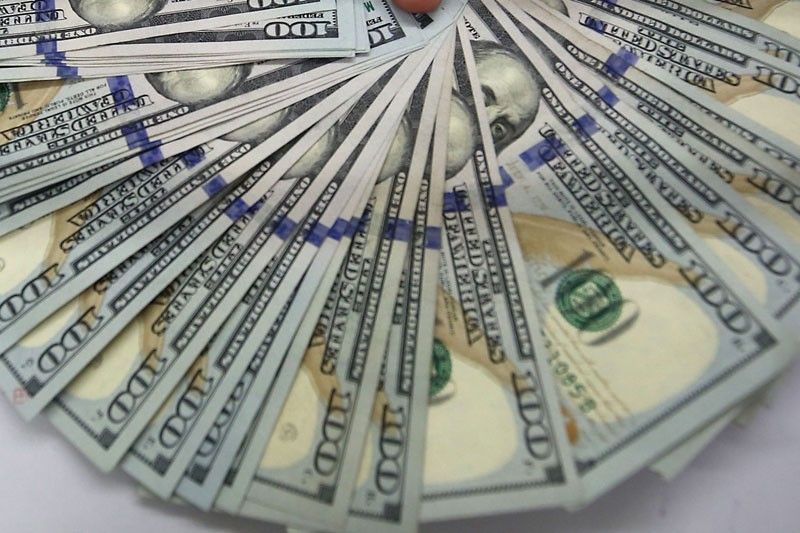Record current account shortfall forecast this year

MANILA, Philippines — Dutch financial giant ING Bank expects the current account deficit to widen to a new record of at least $7.5 billion this year or three times last year’s $2.52 billion as the country spends more dollars to finance surging imports to support the expanding economy.
Joey Cuyegkeng, senior economist at ING Bank Manila, said this year’s current account shortfall may settle at between $7.5 billion or 2.3 percent of gross domestic product (GDP) and $9.8 billion or 2.9 percent of GDP.
“We think this imbalance could deteriorate further and could increasingly weigh on sentiment and on the peso. The tightening of BSP would likely moderate private sector activity but is unlikely to keep the current account deficit at below two percent of GDP for this year and next year,” he said.
The shortfall in the country’s current account position more than doubled to hit the highest level in 19 years at $2.52 billion last year from $1.2 billion in 2016 primarily due to strong imports. This was the highest since the current account shortfall amounted to $2.87 billion or 3.5 percent of GDP in 1999.
It peaked at $4.35 billion or 5.1 percent of GDP during the Asian financial crisis in 1997.
Cuyegkeng said higher imports reflect the strong domestic demand that is likely to be sustained.
“With a weak export sector, the pressure from rising imports results in a wider trade gap. Structural inflows such as OFW remittances have also been weak and have in the past year been inadequate to cover the wider trade deficit,” he said.
Redentor Paolo Alegre, head of the Department of Economic Statistics at the Bangko Sentral ng Pilipinas (BSP), reported last Friday the country’s current account deficit widened to $3.09 billion or 1.9 percent of GDP in the first half from $133 million or 0.1 percent of GDP in the same period last year.
This means the country continues to shell out more dollars to finance the higher importation of capital equipment, raw materials, and intermediate goods to support the growing economy.
The shortfall in the first half already matched the full-year deficit target of $3.1 billion set by the BSP.
The current account position measures the net transfer of real resources between the domestic economy and the rest of the world. It consists of transactions in goods, services as well as primary and secondary income.
The wider current account deficit in the first half was due mainly to the widening deficit in the trade-in-goods account and lower net receipts in the primary income account, which more than offset the higher net receipts in the trade-in-services and secondary income accounts.
Trade-in-goods deficit widened by nearly 28 percent to $23.3 billion as imports of goods jumped 10.7 percent to $48.7 billion while exports of goods slipped 1.6 percent to $25.3 billion.
Net receipts in the trade-in-services account surged by 55 percent to $5.9 billion from $3.8 billion due largely to increased net receipts in technical, trade-related and other business services; manufacturing services; and computer services.
As a result, the country’s balance of payments position (BOP) yielded a deficit of $3.3 billion in the first half of year, more than four times higher than the $706 million recorded in the same period last year.
“This underlying external payments weakness underpins the weakening bias of the Philippine peso,” Cuyegkeng said.
- Latest
- Trending
























